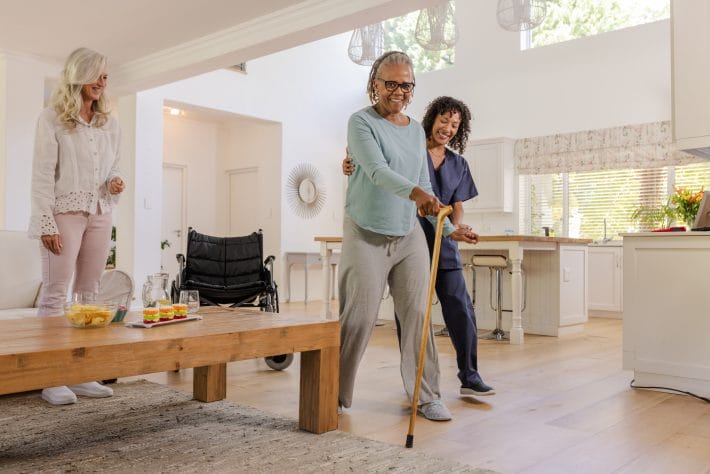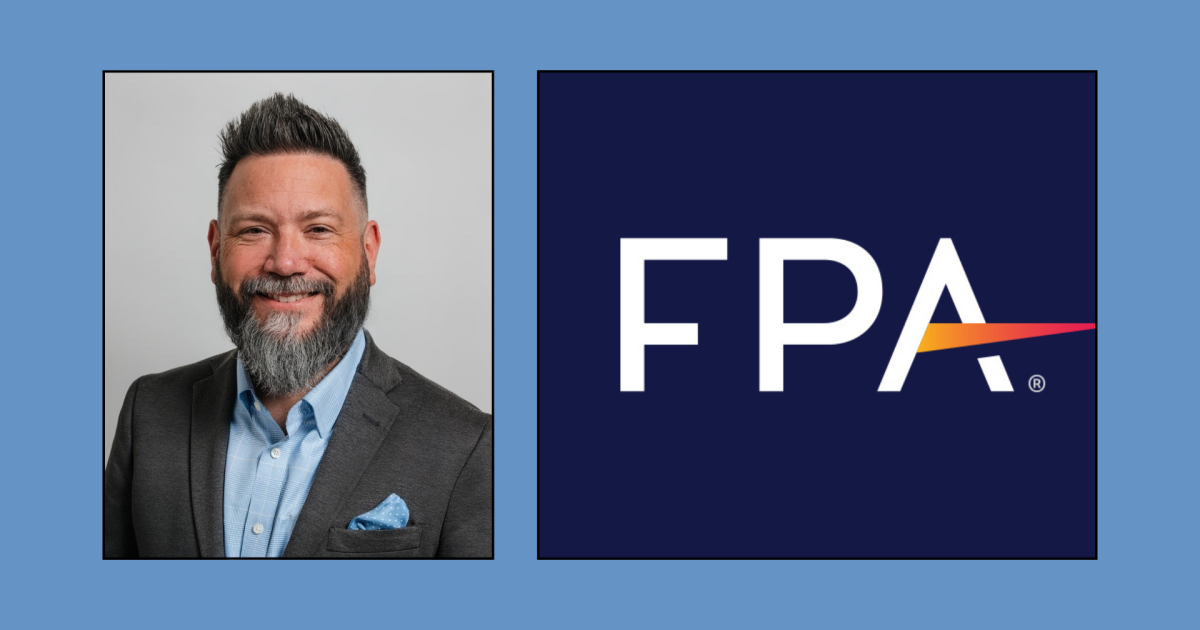Education isn’t just for the young, and adults over 50 often find that learning brings new energy and purpose. Continued education supports brain health, reduces isolation, and creates opportunities for personal growth. Seniors who take classes often report feeling more confident and connected to their communities. The best part is that many programs are free or heavily discounted, making them accessible regardless of income. Retirement can be a time of exploration, and lifelong learning is one of the most rewarding paths.
1. Community College Lifelong Learning Programs
Community colleges across the country offer reduced tuition or free enrollment for seniors, and these programs are often overlooked. Courses range from literature and history to computer skills and foreign languages, giving retirees a wide variety of options. Seniors can audit classes without worrying about grades, which makes the experience stress‑free and enjoyable. These programs also provide opportunities to interact with younger students, creating intergenerational learning environments. By tapping into community college offerings, seniors can expand their horizons without straining their budgets.
2. Public Library Workshops
Libraries are hubs for free education, and they provide workshops that cover everything from genealogy to digital literacy. Seniors can attend creative writing groups, financial planning sessions, or technology tutorials designed to help them stay current. Libraries often partner with local experts, ensuring that instruction is high quality and relevant. These workshops also foster community engagement, giving retirees a chance to meet others with similar interests. For seniors who want accessible and affordable learning, libraries are an invaluable resource.
3. YMCA and Senior Centers
YMCA branches and senior centers frequently host discounted fitness and wellness classes, which are essential for maintaining health after 50. Seniors can join yoga, water aerobics, or tai chi sessions that improve strength and balance. Many centers also offer nutrition and cooking workshops, helping retirees make healthier choices. These programs encourage social interaction, which reduces loneliness and builds supportive networks. By participating in YMCA or senior center classes, seniors gain both physical benefits and emotional connections.
4. Online Platforms With Senior Discounts
Websites like Coursera, Udemy, and edX provide thousands of courses, and seniors can often access them for free or at reduced rates. Topics range from business and psychology to art and technology, allowing retirees to explore new passions. Online learning is flexible, enabling seniors to study at their own pace from the comfort of home. Many platforms also offer certificates, which can be useful for those pursuing second careers or volunteer opportunities. Seniors who embrace online learning gain skills that keep them engaged in a digital world.
5. AARP Virtual Classes
AARP offers free online workshops that cover technology, health, and hobbies, and these classes are tailored specifically to older adults. Seniors can learn how to use smartphones, manage finances, or explore creative pursuits like painting or photography. The classes are designed to be accessible, with clear instructions and supportive communities. AARP also provides opportunities for seniors to connect virtually, reducing isolation and fostering friendships. These programs demonstrate how national organizations can empower seniors through education.
6. Local Parks and Recreation Departments
Municipal recreation programs often include discounted classes for seniors, and these offerings are surprisingly diverse. Options range from painting and pottery to gardening and dance, encouraging creativity and physical activity. Parks and recreation departments design these programs to promote active lifestyles and community engagement. Seniors who participate often discover hidden talents or hobbies that enrich retirement. By checking local recreation schedules, retirees can find affordable ways to stay active and inspired.
7. University “Senior Scholar” Programs
Many universities allow seniors to enroll in courses at reduced rates, and some even offer free auditing privileges. Seniors can sit alongside traditional students, gaining exposure to academic discussions and new perspectives. These programs provide intellectual stimulation and a sense of belonging in academic communities. Universities benefit as well, since senior scholars bring life experience that enriches classroom dialogue. For retirees who want rigorous learning, senior scholar programs are an excellent option.
8. Health System Wellness Classes
Hospitals and health systems frequently provide free classes on nutrition, chronic disease management, and fitness. Seniors benefit from expert guidance that improves health outcomes and reduces medical costs. These programs often include support groups, which provide emotional encouragement and practical advice. Wellness classes empower seniors to take control of their health while building community connections. By participating, retirees gain tools to live longer, healthier lives.
9. Cultural Institutions and Museums
Museums and cultural centers host workshops and lectures, often free for seniors, and these programs enrich retirement. Topics include art appreciation, history, and creative expression, offering intellectual and cultural stimulation. Seniors who attend gain access to unique experiences that connect them to broader communities. These classes also encourage creativity, which supports cognitive health and emotional well‑being. Cultural institutions provide seniors with opportunities to learn while enjoying meaningful social outings.
More Than Just Classes
Free and discounted classes provide more than knowledge—they reduce isolation, improve health, and spark creativity. Seniors who participate often report higher satisfaction with retirement and stronger connections to their communities. Lifelong learning is a powerful tool for aging well, and the opportunities are abundant. The challenge is simply finding them, since many programs are hidden in local announcements or websites. Retirement doesn’t have to mean slowing down; it can mean learning more than ever before.
Have you discovered a free class that changed your retirement? Sharing your experience could inspire others to learn.
You May Also Like…

Teri Monroe started her career in communications working for local government and nonprofits. Today, she is a freelance finance and lifestyle writer and small business owner. In her spare time, she loves golfing with her husband, taking her dog Milo on long walks, and playing pickleball with friends.

































